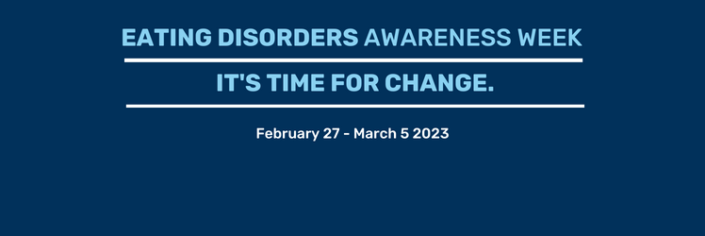“There’s a lot of symptom substitution. We find that individuals who are going through eating disorder treatment, once their eating symptoms subside, we often see the resurgence or the beginning of a substance abuse problem.” – Amy Baker Dennis, PhD
The substances most frequently abused by individuals with eating disorders or with sub-clinical symptoms of these disorders include: caffeine, tobacco, alcohol, laxatives, emetics, diuretics, appetite suppressants (amphetamines), heroin, and cocaine.“For those of us in the field, it’s not just enough to go to conferences and learn everything we can about eating disorders. That’s critical. But now, we realize that we also have to be informed with regards to how we assess, how we diagnose, and how do we treat substance use disorders as well.” – Tamara Pryor, PhD
Up to 50% of individuals with eating disorders abused alcohol or illicit drugs, a rate five times higher than the general population. Up to 35% of individuals who abused or were dependent on alcohol or other drugs have also had eating disorders, a rate 11 times greater than the general population.“Both eating disorders and drug and alcohol addiction have genetic substrates and genetic vulnerabilities, and there is definitely a genetic piece to the development of the illness.” – Michael E. Berrett, PhD
Eating disorders and substance abuse share a number of common risk factors, including brain chemistry, family history, low self-esteem, depression, anxiety, and social pressures. Other shared characteristics include compulsive behavior, social isolation, and risk for suicide. Ed’s note: Watch this educational video about substance abuse and eating disorders. Those struggling with both substance abuse and an eating disorder should receive comprehensive treatment from specialists with expertise in both issues. If you’re concerned about yourself or a loved one, get screened at www.nationaleatingdisorders.org/screening




